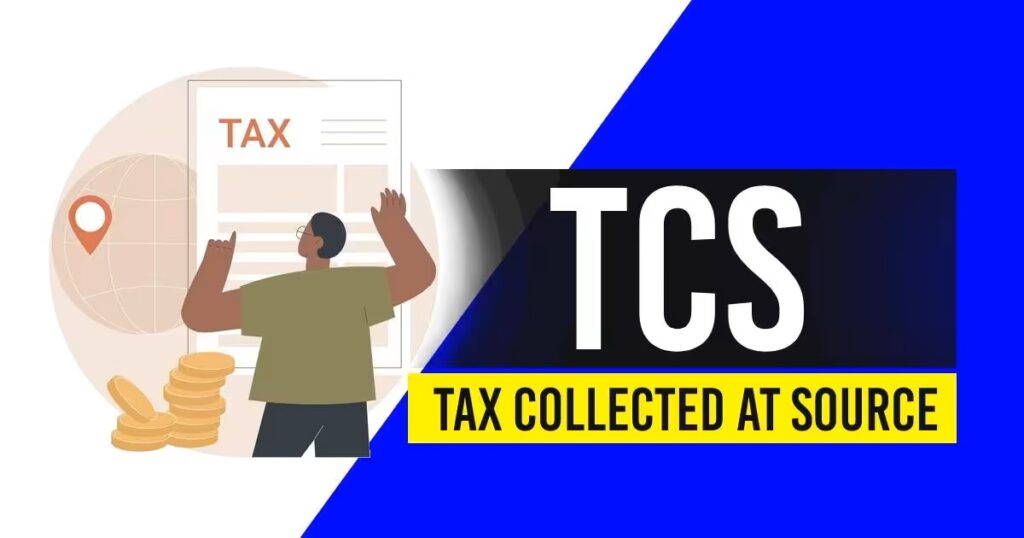
Tax Collected at Source (TCS) is a tax levied by the seller, collected from the buyer at the time of sale, and deposited with the Government Treasury upon receiving payment. The rate of TCS varies depending on the nature of the goods, as specified under Section 206C of the Income Tax Act. Similar to indirect taxes, TCS is added to the invoice, collected from the buyer, and subsequently deposited by the seller.
TCS is not a new concept; it has been applied to specific goods such as timber, tendu leaves, forest produce, scrap, and minerals. However, the Finance Act, 2020 introduced a broader provision under Section 206C(1H), expanding TCS applicability to all goods, subject to certain conditions, effective 01.10.2020.
Applicability:
Calculation of Thresholds:
A buyer is anyone purchasing goods, except:
Check Applicability:
Identify Buyers:
Invoice Adjustment:
Buyer Communication:
Separate Ledger Accounts:
Set Compliance Procedures:
© 2024 Created with Royal Elementor Addons
WhatsApp us